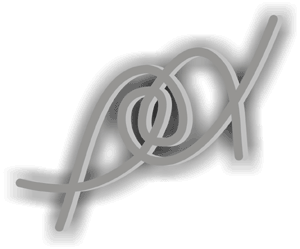Abstract
Ancient mathematical language usually appears hermetic to those used to the algebraic symbolism we represent mathematical ideas today. Hence, in order to try to make a classic mathematical sentence clear to a generic reader, it is frequently “translated” into modern algebraic language. However, this kind of strategy may obscure some important characteristics and founding structures of Greek Mathematics. In the case of Euclid's Elements, in particular, to understand its conceptual basis, it is especially relevant to consider some fundamental theoretical issues faced by Euclid in his time. In the course of moving from ancient to modern mathematics, some important concepts, like those of number and measure, have changed. Furthermore, analytic reasoning has imposed itself over synthetic reasoning in a context where the role attributed to mathematics in the development process of general knowledge has significantly changed. In this article, we argue that “translating” mathematical sentences in Euclid's Elements into modern algebraic language may conceal differences and changes that were developed along thousands of years, inducing inaccurate interpretations of the classical mathematics foundations as well as of its relations with today's mathematics.
Keywords:
History of Mathematics; Classical Mathematics; Euclid; Incommensurability; Algebraic Language
